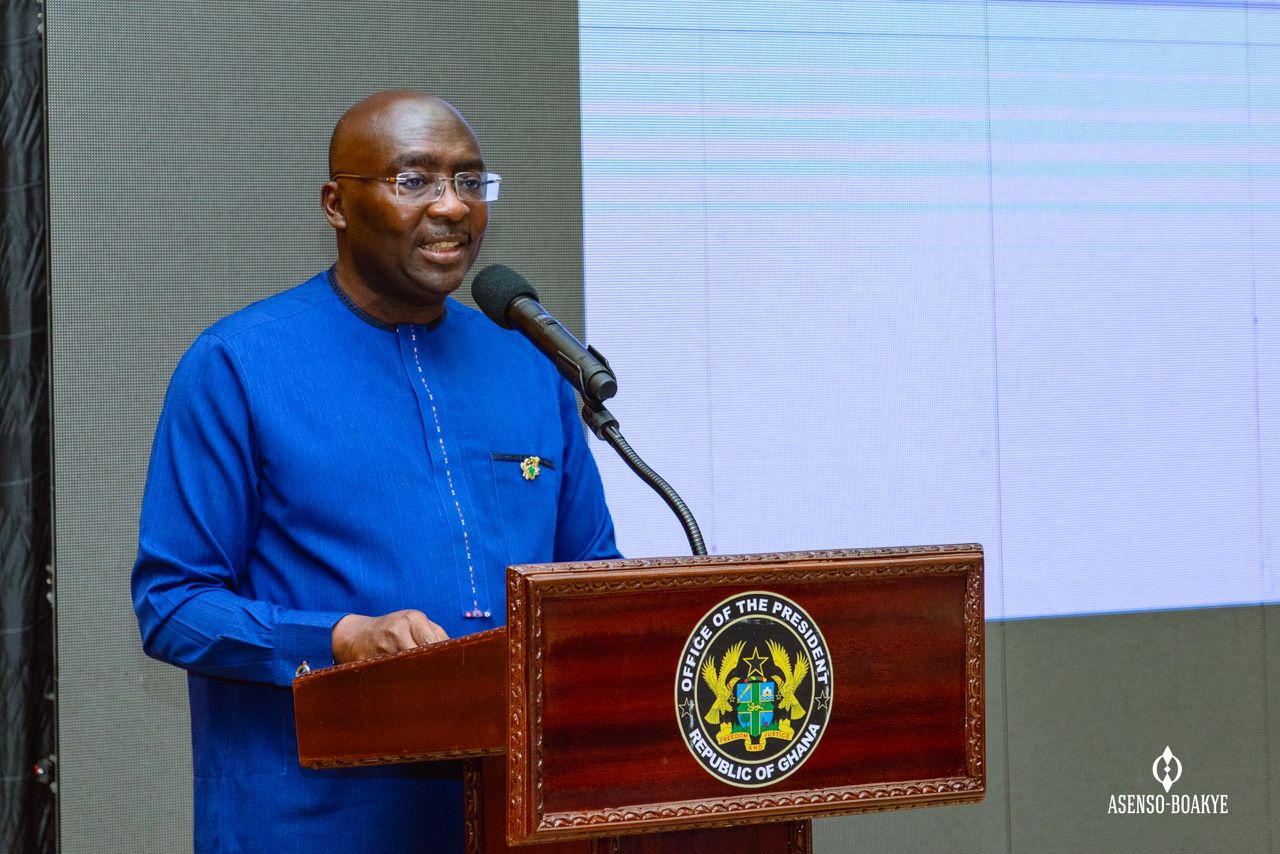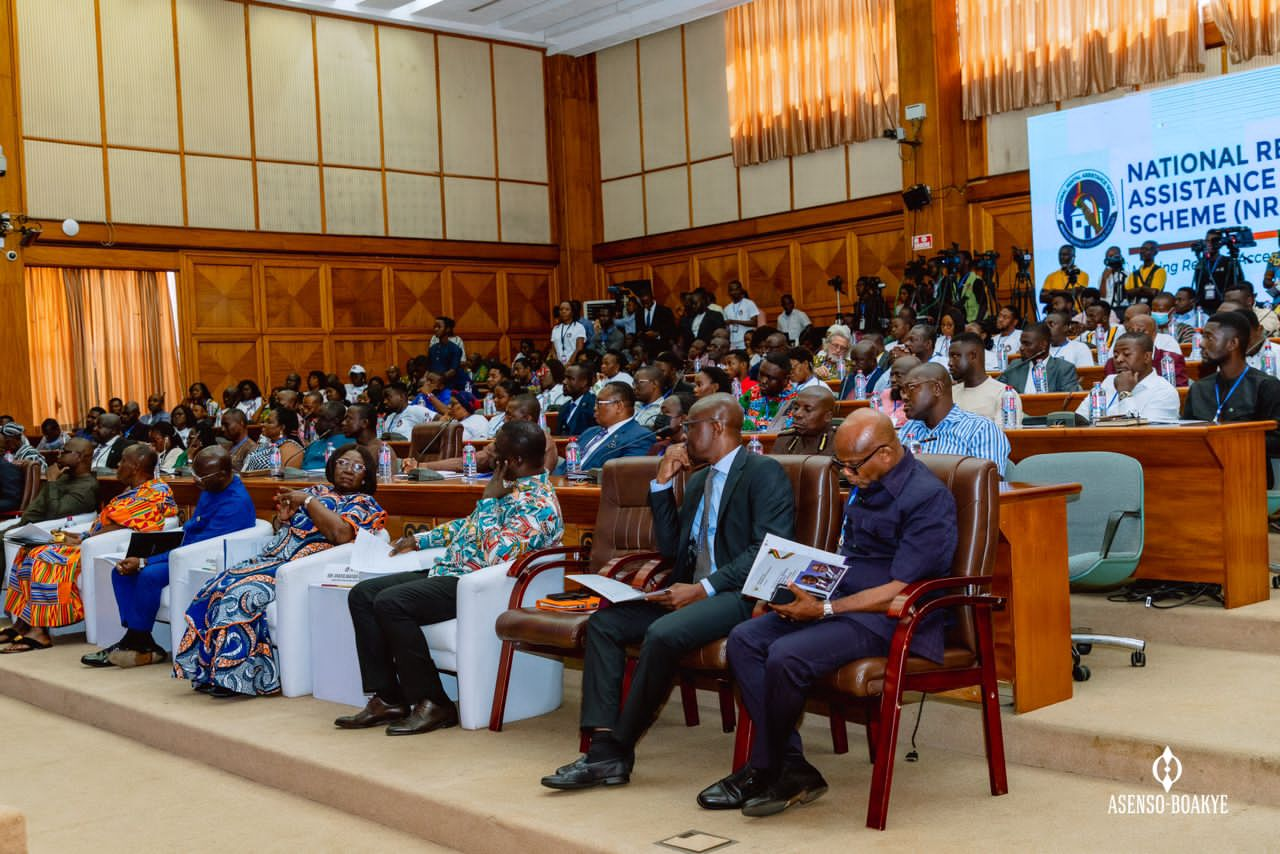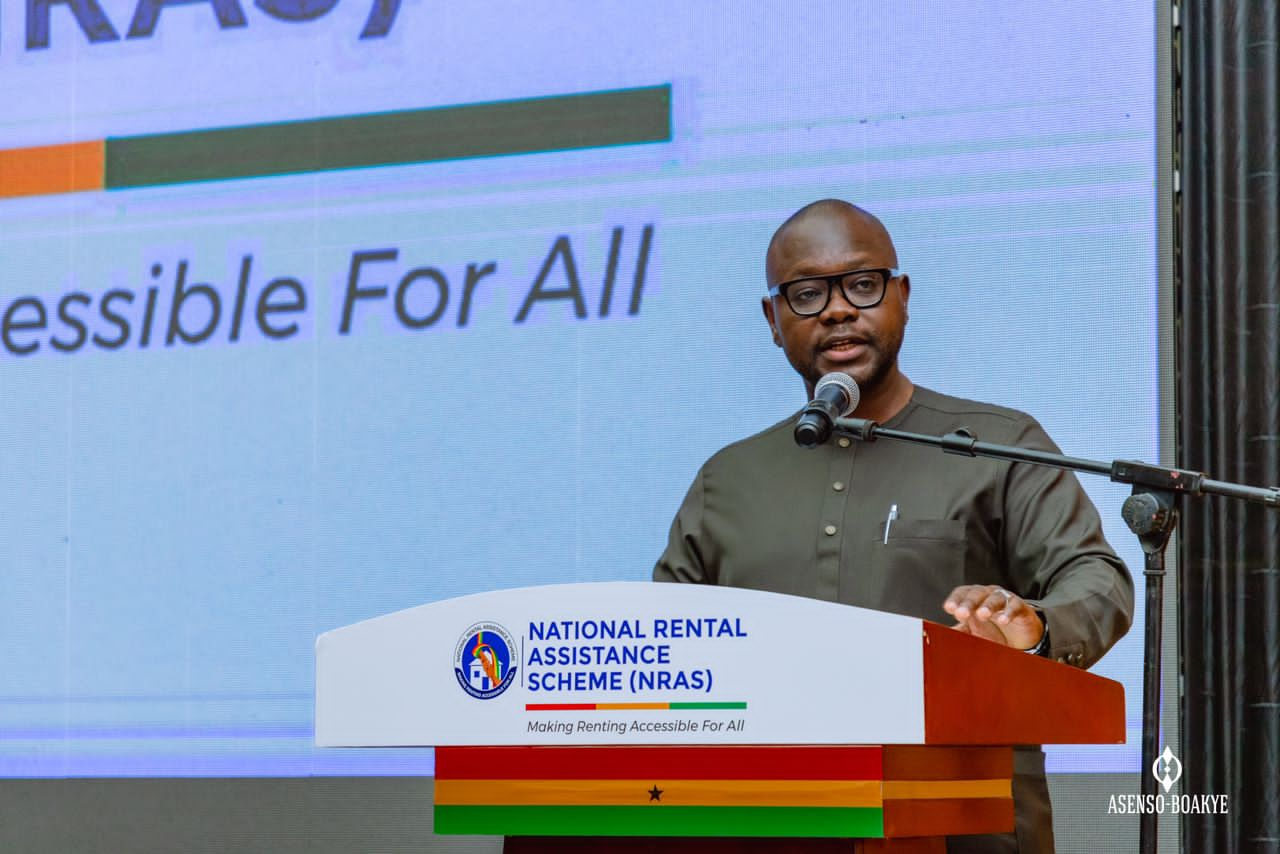The Government has commenced the roll out of the National Rental Assistance Scheme (NRAS) intended to support deserving households to access decent rental accommodation and to effectively protect them from exploitation and burdensome rent advance payments.
The Scheme, which is a key intervention by government, is expected to provide low-to-middle income earners with a mechanism to pay low monthly rent, which effectively removes the need for rent advance payment and ultimately improve the quality of rental accommodation especially in the urban cities.
Launching the Scheme yesterday in Accra, the Vice President, H.E Alhaji Dr. Mahamudu Bawumia indicated that the introduction of the Scheme, as enshrined in government’s 2020 manifesto, is part of measures to reduce the need for huge rent advance payment requests by landlords and ultimately enhance the creditworthiness of potential tenants in their search for residential rental accommodation.

The Vice-President further explained the Scheme will target individuals, both in the formal and informal sectors, with identifiable and regular income, adding that the rent advance loans will be paid directly into the bank accounts of landlords.
“I am aware of the series of engagements that have gone on between key stakeholders on the operationalization of the Scheme and I look forward to the enormous relief that the Scheme will bring to its beneficiaries, and the good people of Ghana”.
Rental accommodation has been a significant share of shelter services in the country, especially in urban areas, catering for 34.6% of households; out of which 46% is in urban areas and 17.1% in rural areas. Research further reveals that only 5% of Ghana’s population can acquire their own homes without any form of assistance, with 60% requiring support that is facilitated by the state to access housing whilst 35% will require additional direct support before they can have access to housing.

With potential beneficiaries needing the Ghana Card as one of the prerequisite requirements to access the Scheme, the Vice President said the criteria does not only support the call to synchronize all platforms with the National Identification System, but also “the data produced from the implementation of the Scheme will facilitate government efforts at expanding our revenue stream through the improved collection of Rent Tax.”

The sector Minister, Francis Asenso-Boakye stated that the urgent need to improve opportunities for people especially the youth to access the minimum standard of decent rental accommodation stems from the nonexistent mechanism by which deserving households can be supported and protect them from undue exploitation.
Asenso-Boakye disclosed that Government has made a commitment of up to GH ¢30million to implement the initial phase of the Scheme which will cover the Greater Accra, Ashanti, Northern, Western, Eastern and Bono East Regions, adding that these regions, according to the Rent Control Department, are predominantly noted for rent advance payments.
“The objective of government is to operationalize the Scheme throughout the country, through various rental assistance solutions for the improvement of the rental housing market in Ghana.”
What are the Requirements
To be eligible for the Scheme, the applicant must show proof of the following minimum requirements:
•Be a Ghanaian
•Possess a valid Ghana Card
•Must be an adult of eighteen (18) years and above
•Verifiable employment and earned income
•Must have a verifiable bank statement or mobile money statement
•Rent payable must not exceed 30 percent of the household income[ads3]
The Application Process
•The qualified person is expected to identify a property of their preference and notify the NRAS of same through a formal online application. (www.nras.gov.gh)
•Applicant must show proof of employment (3 months’ pay slips) and proof of income (3 months bank statements), 2 forms of IDs, and pay GH100 application processing fee.
•In just 5-10 business days, the Scheme will verify your application and supporting documents, determine your affordability and the ability to pay back.
•After applicant has been approved, the Scheme will contact the chosen landlord, inspect the rental property, sign all tenancy documentations and pay the rent advance directly to the landlord.
•Tenant takes possession of the rental property thereafter and rent payment is always due on the 1st of each month.
[ads5]


